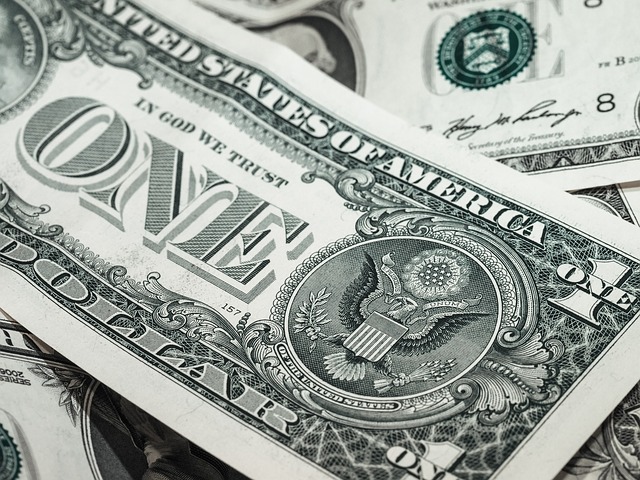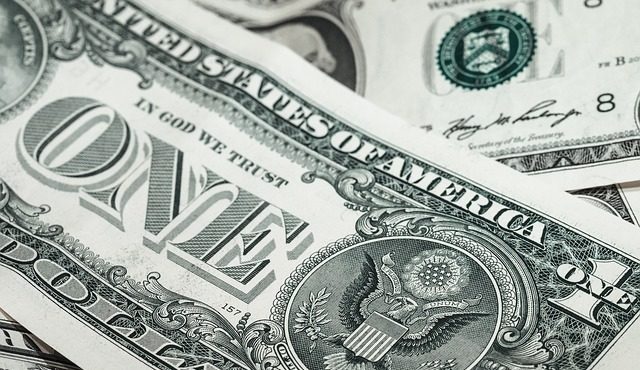Checks are one of the most common ways to make and receive payments. A check can also serve as an instrument to make a withdrawal from your current account at the bank. Cashing a check basically means presenting the check to the bank or check cashing service for payment of the value indicated on the check in cash. But sometimes there may be some limitations that affect whether or not you walk away with the amount indicated on the instrument. With this having been said, here are 4 things you should know about check cashing.

- The Kind of Check Matters
There are many different types of checks and the kind of check you are trying to cash can make all the difference. For instance, there are personal checks (written by an individual account holder), commercial checks (where a commercial entity is the account holder), and government checks (from government accounts). In most cases, government-issued checks are the easiest to cash, since the government always has the funds. There are also banker’s checks, where a bank is the check issuer. Bankers checks avail the cash immediately if you present it to the bank that issued the check. Other checks that are easy to cash include payroll checks and checks from insurance companies. Depending on the availability of funds in the issuer’s account, you may or may not be able to get the cash immediately.
- Time Can Be a Limiting Factor
Some checks can only be paid at a specific bank. However, most banks are only open at specific hours during the days. What happens when you need to cash your check past midnight or on Sunday afternoon? This is where alternative check cashing services come in handy. Fortunately, there are lots of those nowadays and you can simply find them using a simple internet search like check cashing place near me.
- Some ATMs Allow Check Cashing
ATMs are normally operational 24 hours a day. Surprisingly, there are some that are designed to allow check-cashing. However, the process of cashing a check on an ATM is a little different. Here, you will have to deposit the check into your account then make a cash withdrawal. This means that you have to have an account at that particular bank to access the money.
- The Date On the Check Matters
Last but not least, the date is among the most important features in a check. If a check is post dated, it means that the writer either intended to pay you at a future date when there will be funds on their account or that they simply made an error. For this reason, it is important to always check that the date is correct and that the check is duly signed before accepting it for payment.
And there you have it. With the above few pointers in mind, cash checking shouldn’t be that daunting for you. You just need to understand the type of check you have and the available cashing options. Additionally, it is important to note that you may have to incur some check-cashing fees, which can vary depending on where you’re conducting the transaction.





Leave a Reply